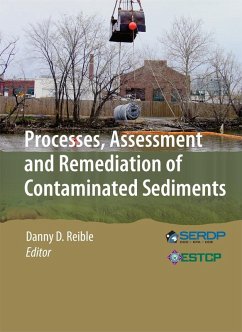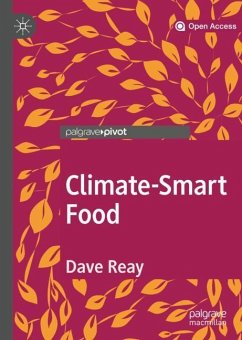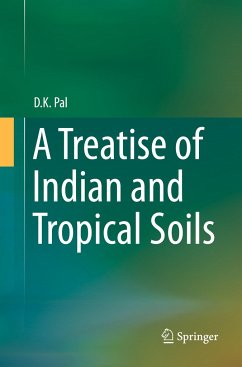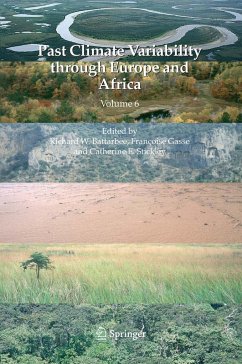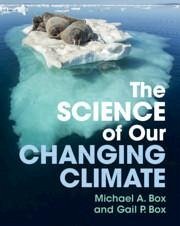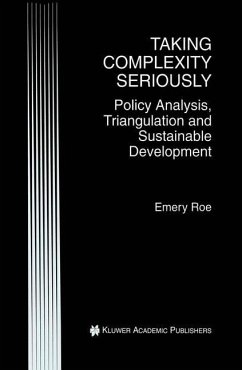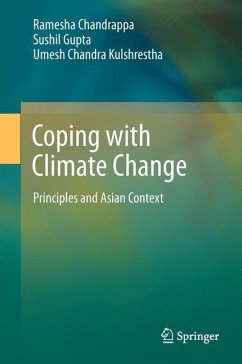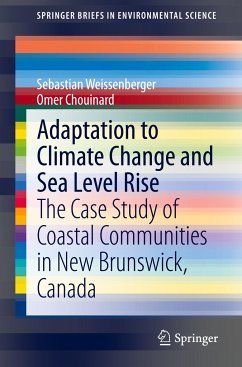
The Climate-Smart Agriculture Papers
Investigating the Business of a Productive, Resilient and Low Emission Future
Herausgegeben: Rosenstock, Todd S.; Nowak, Andreea; Girvetz, Evan
Versandkostenfrei!
Versandfertig in 6-10 Tagen
38,99 €
inkl. MwSt.

PAYBACK Punkte
19 °P sammeln!
This book is open access under a CC BY 4.0 license.This volume shares new data relating to Climate-Smart Agriculture (CSA), with emphasis on experiences in Eastern and Southern Africa. The book is a collection of research by authors from over 30 institutions, spanning the public and private sectors, with specific knowledge on agricultural development in the region discussed. The material is assembled to answer key questions on the following five topic areas: (1) Climate impacts: What are the most significant current and near future climate risks undermining smallholder livelihoods? (2) Varieti...
This book is open access under a CC BY 4.0 license.
This volume shares new data relating to Climate-Smart Agriculture (CSA), with emphasis on experiences in Eastern and Southern Africa. The book is a collection of research by authors from over 30 institutions, spanning the public and private sectors, with specific knowledge on agricultural development in the region discussed. The material is assembled to answer key questions on the following five topic areas: (1) Climate impacts: What are the most significant current and near future climate risks undermining smallholder livelihoods? (2) Varieties: How can climate-smart varieties be delivered quickly and cost-effectively to smallholders? (3) Farm management: What are key lessons on the contributions from soil and water management to climate risk reduction and how should interventions be prioritized? (4) Value chains: How can climate risks to supply and value chains be reduced? and (5) Scaling up: How can most promising climate risks reduction strategies be quickly scaled up and what are critical success factors? Readers who will be interested in this book include students, policy makers, and researchers studying climate change impacts on agriculture and agricultural sustainability.
This volume shares new data relating to Climate-Smart Agriculture (CSA), with emphasis on experiences in Eastern and Southern Africa. The book is a collection of research by authors from over 30 institutions, spanning the public and private sectors, with specific knowledge on agricultural development in the region discussed. The material is assembled to answer key questions on the following five topic areas: (1) Climate impacts: What are the most significant current and near future climate risks undermining smallholder livelihoods? (2) Varieties: How can climate-smart varieties be delivered quickly and cost-effectively to smallholders? (3) Farm management: What are key lessons on the contributions from soil and water management to climate risk reduction and how should interventions be prioritized? (4) Value chains: How can climate risks to supply and value chains be reduced? and (5) Scaling up: How can most promising climate risks reduction strategies be quickly scaled up and what are critical success factors? Readers who will be interested in this book include students, policy makers, and researchers studying climate change impacts on agriculture and agricultural sustainability.





